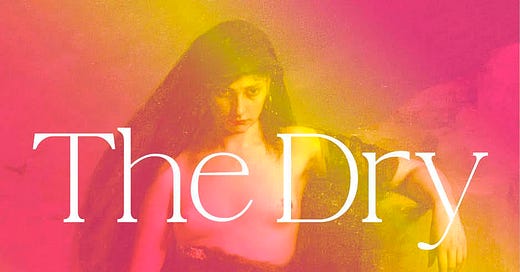Here she is! My strawberry lemonade Sappho, the face of my fifth book. I’ve had a crush on this 1877 painting by Auguste Charles Mengin for years. It was the wallpaper on my computer screen during the year that I describe in The Dry Season, and it was a touchstone while I wrote the book. It hangs in the Manchester Art Gallery, at about seven feet tall. …
Keep reading with a 7-day free trial
Subscribe to Third Thoughts to keep reading this post and get 7 days of free access to the full post archives.


